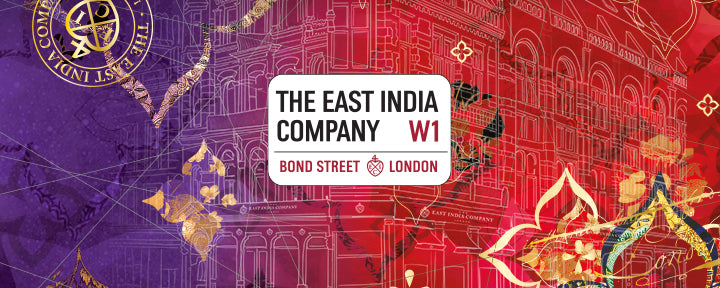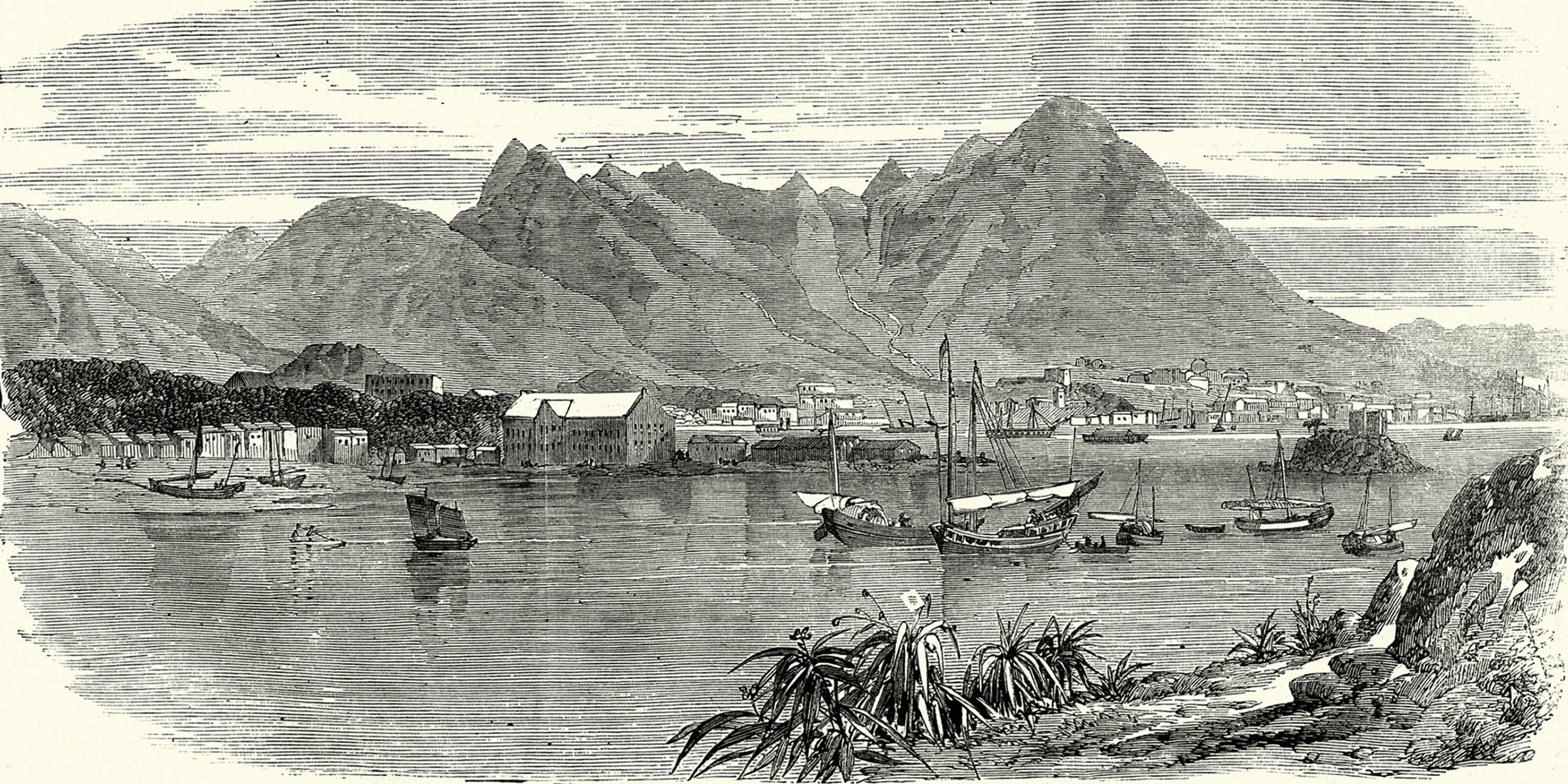Used since ancient times for illness and ailments, today opium provides important pain relief drugs such as morphine, but also the illegal and destructive heroin.
Because of its medicinal value it’s no surprise that the English tried to cultivate opium. The East India Company took that cultivation to India, conditions enabling a higher quality than that available from Turkey and Iran, the primary sources.
In the 18th Century the Chinese started to use it recreationally, smoking it with tobacco, causing widespread addiction, leading the Chinese Emperor to issue edicts banning the sale of opium, the first in 1729. The Company issued orders to its own ships’ commanders not to carry it to China, but the edict was largely ignored in China, where millions became addicted, with private traders and smugglers profiting.
The Company’s opium business in India consequently grew rapidly with The Company able to distance itself from direct involvement and sadly to stick its moral head in the sand. It was motivated by needing silver to buy tea from the Chinese who had a net trade surplus with Europe from porcelain, silks and tea.
By the 1830s, the Company was shipping vast amounts of opium into the free trade region of Canton and then selling to Chinese smugglers. The Emperor petitioned The Company and directly to Queen Victoria, but to no avail.
Further edicts were issued banning opium completely in 1837, with capital punishment for those involved. Opium was seized and destroyed, which was too much for The Company, who advised London that force was needed in response. Ultimately it was the British Government that sent a naval force and defeated the Chinese. The resulting Treaty of Nanking of 1842, forced China to cede Hong Kong to the British and establish a series of ‘treaty ports’ including Shanghai, alongside huge financial compensation.
In some ways, the opium story is a microcosm of The East India Company story as whole over over its 250 years. What started with genuine intent to trade in a legitimate market was overtaken by the obviously more powerful motivation of greed. The complicity in aiding the opium addiction of millions of Chinese and the legacy of opium production in the old colonies is a painful one for Britain as a nation.
Now reborn, The East India Company of the 21st century has no such connections to the imperial past. It exists to inspire a new generation with only the best intentions of those original curious and intrepid pioneers.




 Ceylon / Sri Lanka
Ceylon / Sri Lanka Assam, India
Assam, India Japan
Japan Taiwan
Taiwan Nepal
Nepal China
China Kenya
Kenya Egypt
Egypt South Africa
South Africa


